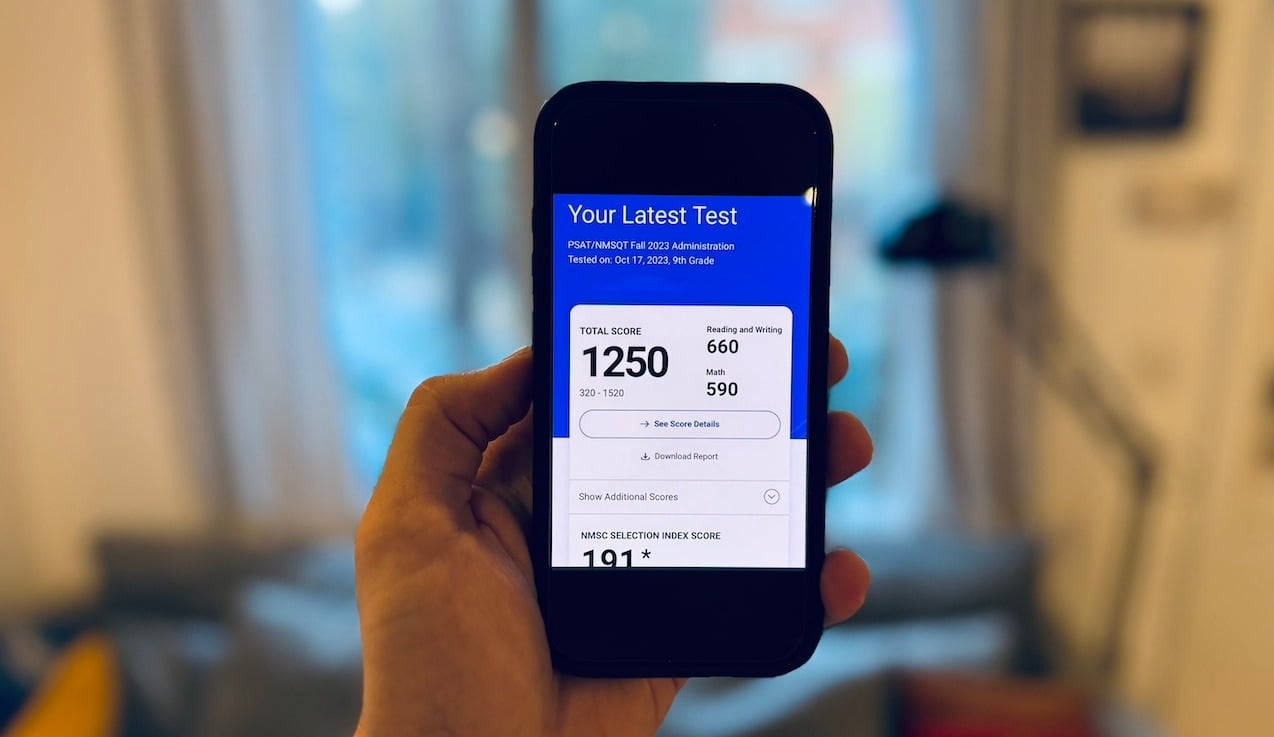Everyone I have run into this past week has asked me what I think about the recent announcement by the College Board that they will be assigning an adversity index to every student's SAT score. In my heart, I know that a student's adversity is so important to the admissions process. It is part of a student's story, and it is what makes my job so interesting.
But adversity can be defined in many ways. Being transgender. Being dyslexic. Facing racial or religious discrimination. Losing a parent. Or even defying family expectations can present long-lasting effects on a student. Adversity is within all of us and almost always should be shared in a student's application.
1. We still don't know which colleges will be using the adversity score.
2. The SAT was already losing popularity before this announcement came out last week.
Need help navigating the college admissions process with your child?
Join Application Nation, a suite of private Facebook groups hosted by Sara Harberson.
3. Test optional colleges will get another moment to shine.
4. I think many of us are concerned with families who try to game the system.
Whether parents buy an investment property in another neighborhood or choose to send their child to a different high school in the hopes of increasing the adversity score, those choices would be risky. Not only are colleges going to be verifying information much more carefully due to the admissions scandal, but this adversity index might not last.
READ MORE: I know college admissions offices from the inside — schools basically sign off on scandal
5. Those students who are worried about having a low adversity score should focus on what sets them apart from the stereotypes that swirl around them, their neighborhood, and high school.
"If you're concerned about having a low "adversity score" on the SAT, focus on what sets you apart from the stereotypes that swirl around you." TWEET THIS








.jpg)



